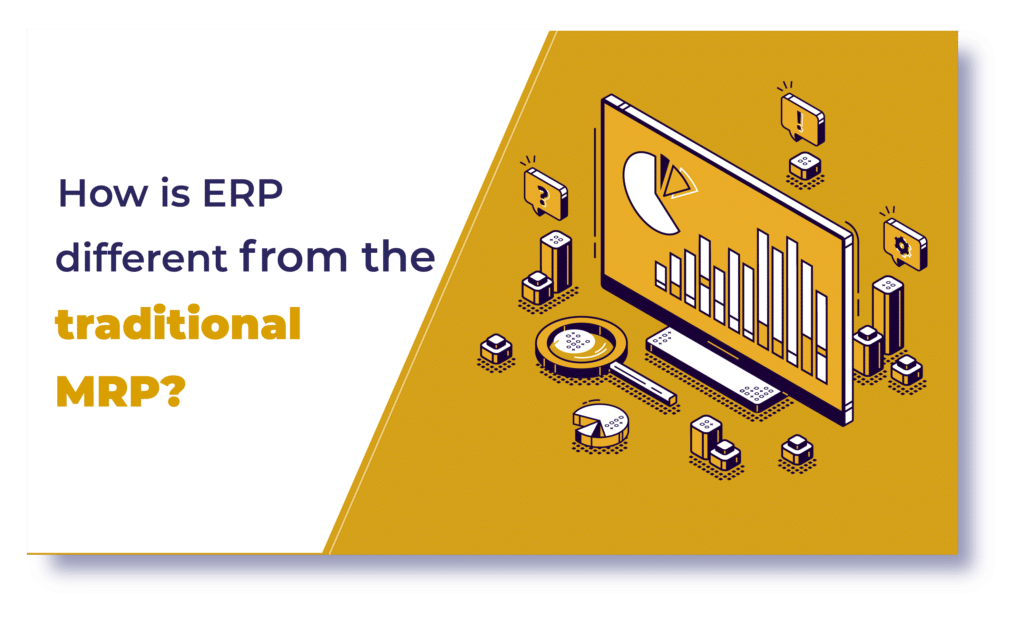
How is ERP different from the traditional MRP?
ERP is not something that appeared out of blue from nowhere. It has a journey and evolution of its own that has enabled ERP or enterprise resource planning to become what it is and is known for today. Looking back to the History of ERP systems, one cannot miss out on the role and presence of MRP. We can evidently see that ERP is one such brainchild that has its root in Material Requirement Planning or the commonly called MRP.
Even though both of these technologies serve and function in a similar pattern, can you say that they are the same? Actually, the answer is ‘no’, yet even today there are so many people who think and believe that both of these are the same. Let us address the question of how different ERP and MRP are and see what each of these has in their bag to offer.
ERP and MRP – the Connection
We might be familiar with these terms already and that does not really require much detailing. It is true that both Enterprise Resource Planning and Material Requirement Planning are designed to meet the requirement of streamlining and optimizing functionalities within an organization or company. In fact, MRP works more like a subsystem of what ERP is. As of today, ERP is prominently used across several manufacturing industries and they will need to have the database and solutions regarding effective management of supply, production, distribution, stocks, resources, etc.
Therefore in a way, both ERP and MRP work hand in hand so that in order to facilitate the functioning of the above processes, tracking, assessing, and calculating them MRP is required for ERP. When both of these work hand in hand, it enables the business enterprise to have the best results, be it profit, efficiency, best resource management, time management, or productivity. Yet when looked at distinctively we can see that there are few differences they share in between.
Key differences between ERP and MRP
| ERP | MRP |
| Centralized unit for all departments regardless of any niches | Offer functionalities for industrial/manufacturing sector |
| Offers great scalability for business | Comparatively lesser in terms of cost |
| Several users can have access | Limitations in terms of users |
MRP is more like a stand-alone software while ERP is more like an integrated software. For the same reason, when it comes to the process of integration also, you can notice that integrating MRP with some other software can be quite difficult. Whereas you can easily get that worked out for ERP. And the best part of all of these is that you can integrate and customize an ERP system in multiple ways and it would be quite easier if you have a well-experienced and reputed EPICOR implementation team on board. This way you can easily have your own convenience designed in your own custom ways.

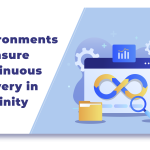
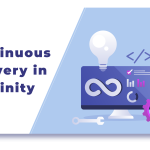
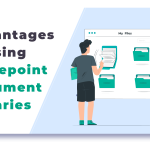
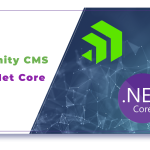
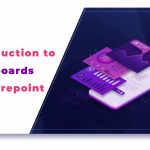
Itís hard to find experienced people about this subject, however, you sound like you know what youíre talking about! Thanks